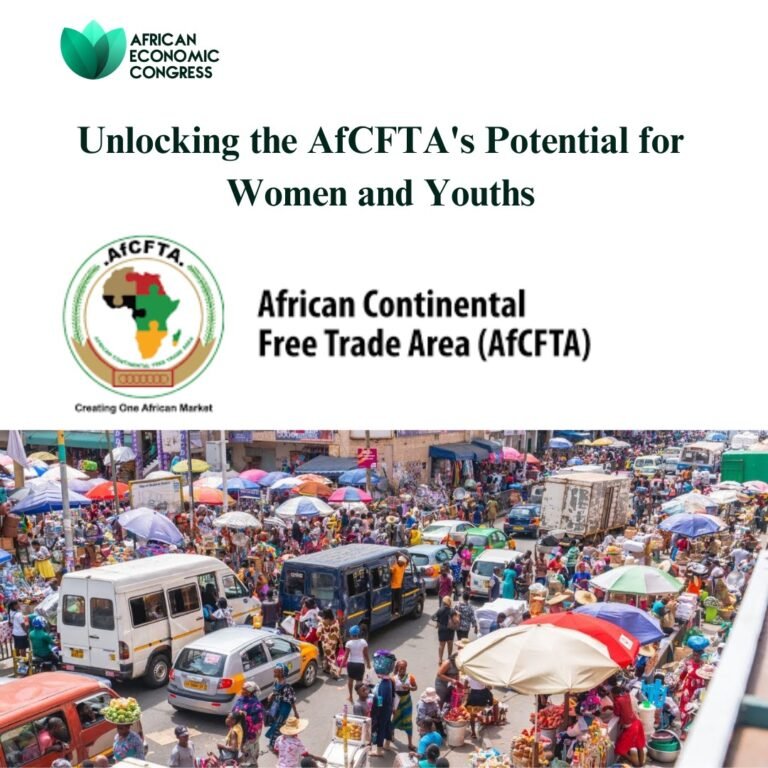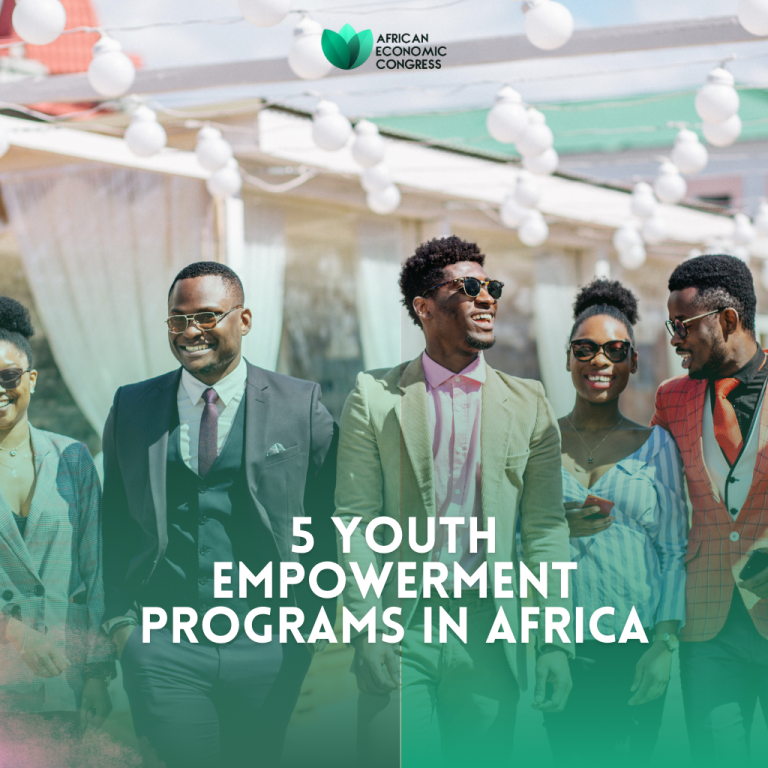In 2024, Kenya witnessed a powerful Gen-Z protest aimed at addressing social, economic, and political issues in the country. This protest targeted deep-seated challenges, such as the rising cost of living, spurred by the 2024 Kenyan financial bill, and called for transparency and accountability in governance. The Kenyan Gen-Z protest has had an influential ripple effect across various African nations, including Nigeria. In this blog post, we explore the roots of the Kenyan Gen-Z protest and its impact on other African countries.
Overview of the Kenyan Gen-Z Protest
Kenya’s Gen-Z generation those born between the mid-1990s and early 2010s is considered highly adept at using digital technology. With their strong skills in leveraging smart devices and social media platforms, Gen-Z activists mobilised and amplified their voices effectively through tools like TikTok, Instagram, and X. These platforms played a pivotal role in the 2024 protests, enabling them to share their activities with the world efficiently.
A major demand of the Gen-Z protesters was the cancellation of the new financial bill submitted to the Kenyan House of Assembly by President Ruto in 2024. Young activists opposed the bill and called for increased transparency and accountability in governance. Well-informed and globally connected, these protesters recognised the power of mass mobilisation in pressuring the government to address urgent issues. As their message gained traction, it began to resonate beyond Kenya, inspiring other African nations facing similar challenges.
The Influence of the Kenyan Gen-Z Protest on African Countries
The Kenyan Gen-Z protests have captured the attention of young people across Africa, inspiring youth in other countries to take action. The movement highlighted the critical role of youth engagement in addressing national issues. Since the Gen-Z protests in Kenya, countries such as Nigeria, South Africa, Uganda, and Sudan have witnessed similar youth-led protests demanding policy reforms, transparency, and increased youth involvement in politics. Here are some of the key reasons why the Kenyan Gen-Z protests resonated with African youth:
Social Media Solidarity Across Borders
Social media transcends borders, fostering solidarity among young people across nations. Kenyan protesters received immense support from youth activists in countries like Nigeria and Ghana, with support and advocacy shared through social media platforms. The success of the Kenyan protests has inspired Nigerian youths, for example, to adopt similar approaches to advocate for change in their own country, as seen in the recent #EndBadGovernance protest led by Gen-Z activists.
Paving the Way for Policy and Governance Reform
The Kenyan Gen-Z protests engaged young people across Africa and highlighted the impact of youth participation in tackling national issues. One of the core grievances of Kenyan Gen-Z activists was the lack of youth inclusion in politics and policy-making. In response, leaders in some African countries have begun to increase youth engagement in political and policy formulation processes to avoid similar protests in their nations.
Challenging Traditional Power Structures
In many African countries, politics is dominated by the older generation, with youth often excluded from decision-making roles. The Kenyan Gen-Z protest has emboldened young people in countries like Zimbabwe and Uganda, where youth have traditionally been isolated from political influence. Inspired by the Kenyan movement, these youths are pushing to establish avenues that will allow them to play a more active role in sharing power and shaping the future of their countries.
The Gen-Z protests in Kenya signify a generational awakening that is likely to reshape the future of governance in Africa. These movements underscore that young Africans are not passive spectators but are determined agents of change, advocating for better governance, social justice, and economic opportunity. The influence of these protests extends beyond Kenya’s borders, inspiring youth across the continent to demand a brighter future.
Also, read Ending Bad Governance: Preventing Future Gen-Z Protests in Nigeria and Protests in African Countries: Causes and Solutions for more related information




